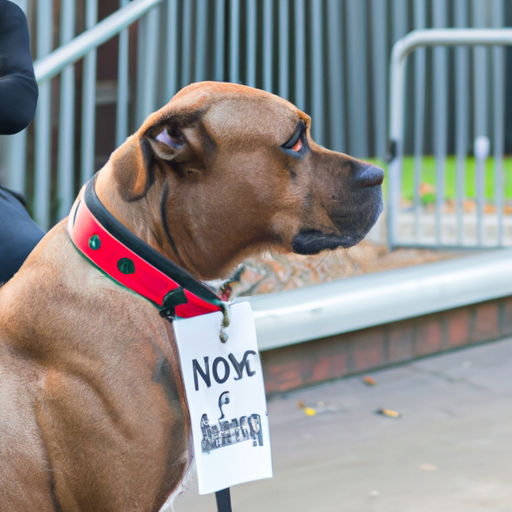Understanding Why Dogs Bark
Firstly, it’s crucial to understand that barking is a completely normal behavior for dogs. They bark to express a variety of emotions and responses: excitement, fear, boredom, and alerting their human family to potential danger. However, excessive barking can be a problem. To effectively address this issue, you need to understand the reason behind the barking.
Possible Reasons for Excessive Barking
- Attention Seeking: Dogs may bark to get your attention.
- Boredom or Loneliness: Dogs left alone for long periods may resort to barking out of boredom or loneliness.
- Fear or Alarm: Some dogs bark at any noise or object that catches their attention or startles them.
- Separation Anxiety: Dogs with separation anxiety often bark excessively when left alone.
Training Your Dog to Stop Barking
Training should be your first approach to managing your dog’s barking. Remember, it’s crucial to be consistent and patient throughout the training process.
Steps to Follow
- Remove or mitigate the trigger: If your dog is barking at people or other animals passing by the window, try closing the blinds or moving your dog to another room.
- Ignore the barking: If you believe your dog is barking to get your attention, ignore them for as long as it takes them to stop.
- Use a quiet command: Train your dog to understand the command for “quiet” by giving them treats and praise when they stop barking.
- Tire them out: Regular exercise and mental stimulation can help reduce their barking.
Using Bark Control Devices
While training is the most effective long-term solution, bark control devices can be helpful in controlling excessive barking.
Common Bark Control Devices
- Ultrasonic Devices: Emit a high-frequency sound that only dogs can hear when they bark.
- Spray Collars: Release a gentle burst of citronella spray that interrupts your dog’s barking.
- Vibration Collars: Vibrate when they detect barking.
| Device | Pros | Cons |
|---|---|---|
| Ultrasonic Devices | Non-intrusive, only dogs can hear the sound | Not effective for all dogs |
| Spray Collars | Effective for most dogs, not harmful | Some dogs may become desensitized |
| Vibration Collars | Can be effective, not harmful | Some dogs may become scared |
Getting Professional Help
If you’ve tried these techniques and your dog is still barking excessively, it may be time to seek professional help. A professional dog trainer or a veterinary behaviorist can provide personalized training and behavior modification strategies.
Medications and Other Treatments
In some cases, medication may be an option for reducing your dog’s excessive barking. Always consult with a vet before starting any medication regimen.
Implementing a Regular Routine
Having a regular routine can provide comfort and reduce anxiety for many dogs, which in turn can reduce barking. Regular feeding times, bathroom breaks, and walks can make a big difference.
FAQ
Do I need to use a bark control device?
Bark control devices can be helpful, but they’re not necessary for everyone. Training and consistency are usually the most effective ways to manage barking.
What if my dog is barking due to separation anxiety?
If your dog’s excessive barking is due to separation anxiety, it may be helpful to speak to a professional. They can provide strategies and treatments to help manage your dog’s anxiety.
When should I consider medication for my dog’s excessive barking?
Medication should always be a last resort and only used under the direction of a vet. It’s often most effective when used in conjunction with behavioral training.
Can a regular routine really help stop my dog from barking?
Yes, a regular routine can provide comfort and reduce anxiety for dogs, which can significantly reduce barking. Regular feeding times, bathroom breaks, and walks are key aspects of this.
Remember, it’s important to be patient and consistent. Stopping a dog from barking can’t be achieved overnight, but with perseverance, you and your dog can work together to achieve a peaceful, bark-free environment.



